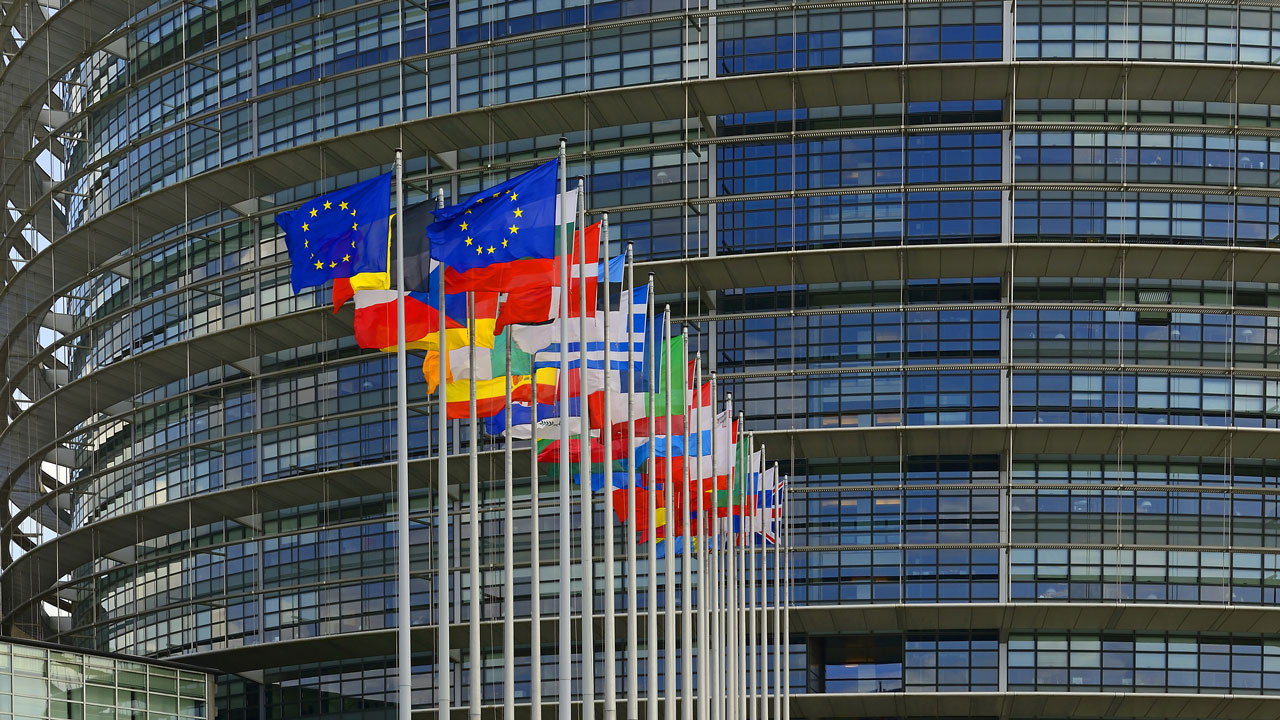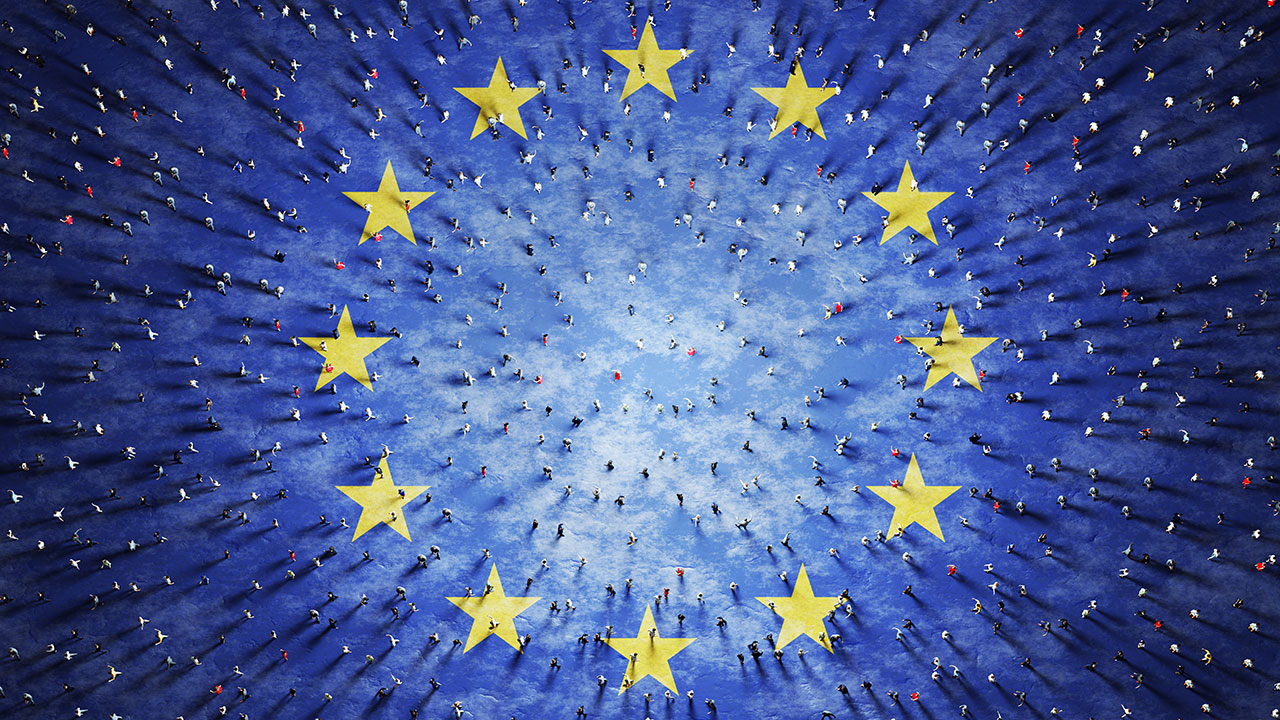
We work with European institutions and bodies to monitor and evaluate progress and achievement of their priorities in relation to external cooperation, facing of global challenges, and contribution to peace and prosperity in the world.
We design and implement monitoring and evaluation systems that enable continuous improvement and quality assurance of the EU’s foreign-policy instruments and support actions globally. This also includes the design and provision of training activities, ad-hoc coaching sessions, online helpdesks, and knowledge sharing platforms to assist implementers with their own monitoring, reporting and dissemination activities.
Project highlights

Supporting EU citizens’ right to consular protection
Since 2018, EU citizens can seek the protection of diplomatic and consular authorities of any other EU Member State when they are living, working, or travelling in a country where they are not represented by an embassy or consulate of their country.
Our Tetra Tech team provided the Directorate-General for Justice and Consumers with data-driven evidence and analysis to assess the protection of EU citizens under the Consular Protection Directive, including in times of crisis. We identified shortcomings and lessons learnt, did an impact assessment possible future initiatives and developed policy objectives, policy options and assessment criteria to support improvements to the EU citizenship right to consular protection.

Study to review DG TRADE’s Civil Society Dialogue (CSD)
Tetra Tech was contracted to carry out the study assessing DG TRADE’s Civil Society Dialogue process, which included a comparative assessment with civil society trade dialogues in the Member States. The evaluation involved gathering stakeholder feedback from national governments, trade unions, NGOs and other civil society organisations in 12 EU Member States. Wider consultation mechanisms included surveys and on-line bulletin boards, as well as mapping structures to support government /CSO discussion on trade policy.
Mid-term evaluation of the Partnership Instrument
The Partnership Instrument for Cooperation with Third Countries was the EU’s first instrument specifically designed to promote the Union’s strategic interests worldwide, by reinforcing its external strategies, policies, and actions.
We carried out the mid-term evaluation of the Partnership Instrument for the European Commission’s Foreign Policy Instruments Service. Being the EU’s core instrument in the field of foreign policy, it allowed the European Commission to leverage on mutual interests between the EU and its partners. It also helped promote the EU’s agenda regarding environmentally and climate-friendly development, gender mainstreaming and the promotion of social equality and fundamental rights.
